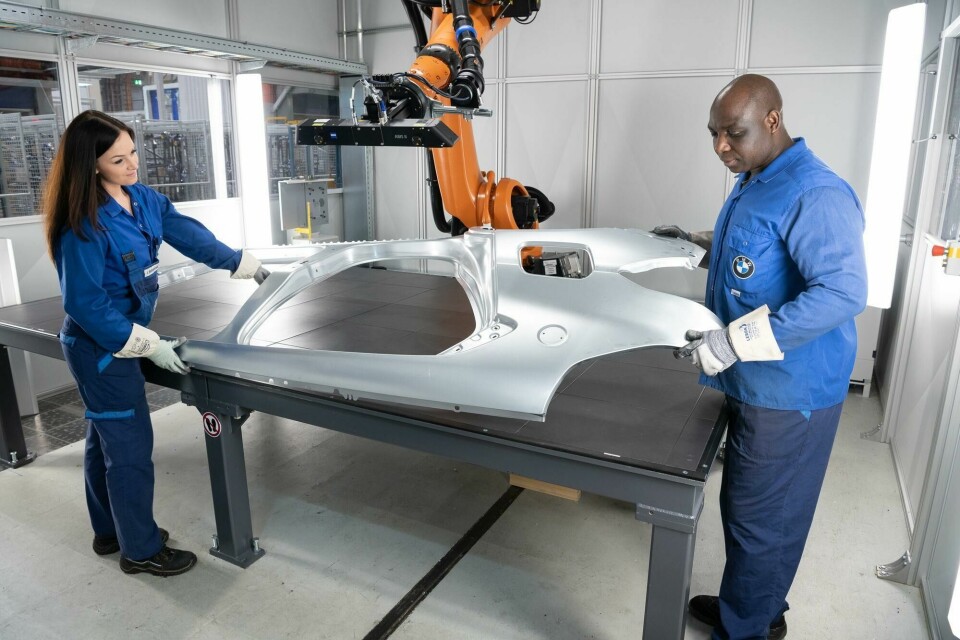BMW advances global plans to increase use of CO2-reduced steel
The automaker expects about one third of the steel it uses to be of the CO2-reduced variety by 2026, reducing its carbon footprint by 900,000 tonnes per year, it said.

BMW has announced new agreements for the supply of less carbon-intensive steel for the cars it makes in the US and China, extending a supply initiative it has already put in place with some of its suppliers in Europe, the automaker said in a statement.
The effort to cut emissions related to inputs it uses will count towards the automaker’s commitments under international climate agreements.
“Steel is one of the main sources of CO2 emissions in our supply chain. That is why we are comprehensively reorganising our steel portfolio – so we can supply our global production network with over one third of CO2-reduced steel from 2026,” said Joachim Post, BMW’s head of purchasing and supplier network.
“This will reduce the carbon footprint of our supply chain by 900,000 tonnes per year, while at the same time driving the transformation of the steel industry.”
The automaker says steel generates around 20% of the CO2 emissions involved in making a mid-size battery electric car. That is third rank behind the emissions from battery cell making and then aluminium in first place.
For the US Spartanburg plant and in Mexico where BMW now makes cars in San Luis de Potosi plant, the automaker has reached a deal with Steel Dynamics and Big River Steel for the use of renewable energy in their production processes.
About half of the flat steel needs of these two plants are met through electric arc furnace (EAF) steelmaking which uses electricity to melt iron and steel scrap. That means it is possible to vastly reduce its environmental impact, compared with coal, by focusing on the source of the power supplied, BMW said.
BMW signed a deal in August with HBIS Group, a steelmaker in China, to supply BMW’s factories in Shenyang with CO2-reduced steel from 2023. The supplier is integrating use of hydrogen and electric arc furnace steelmaking which will further cut the CO2 in its steel from 2026.
Steelmaker Salzgitter will start delivering lower-CO2 steel to BMW’s European plants from 2026 while the company reached a deal last year with Swedish start-up H2 Green Steel for supplies of the metal produced using hydrogen and renewable power.


